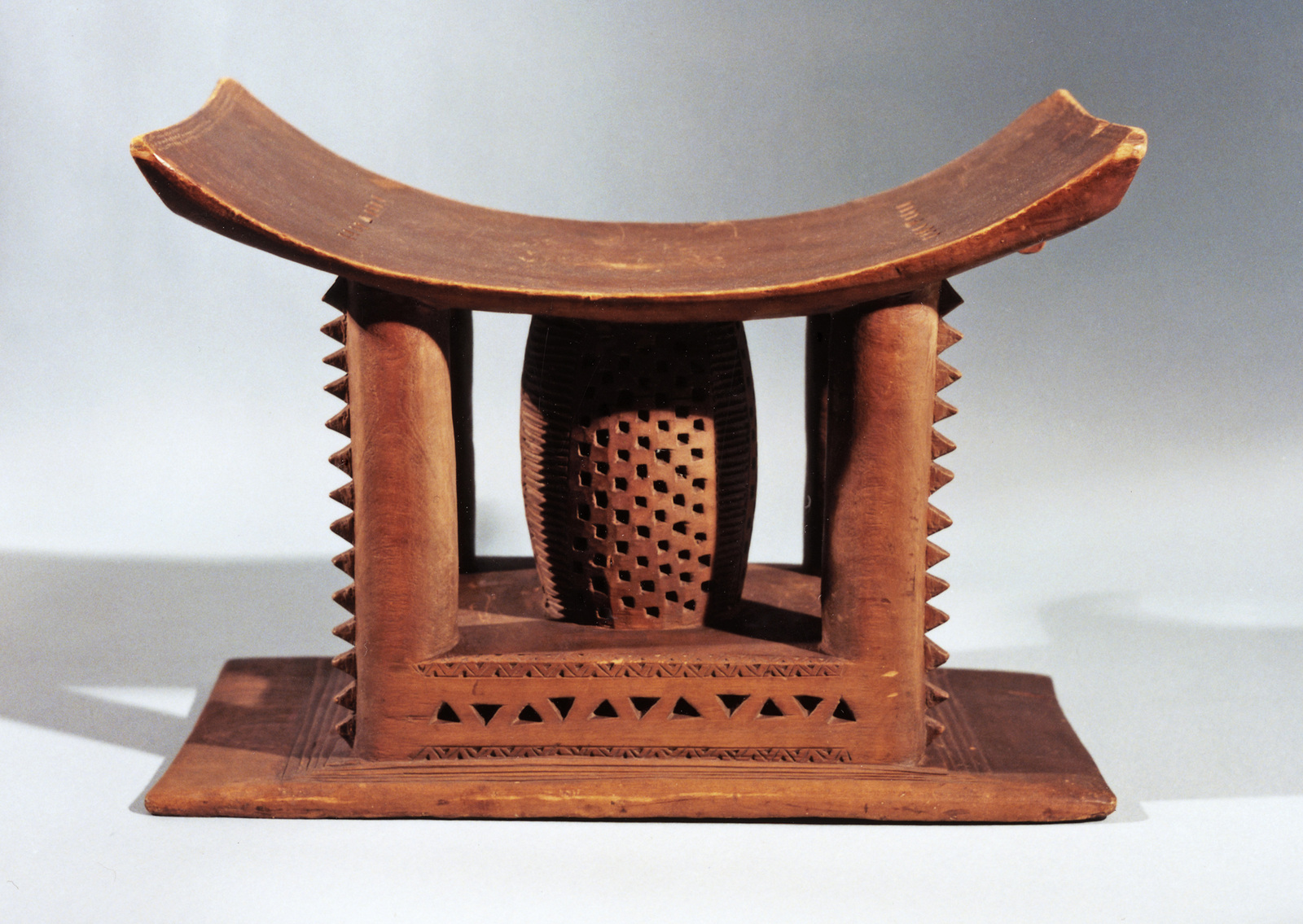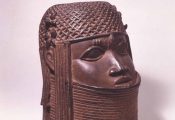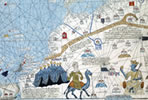According to legend the Asante empire of Akan-speaking people on the Gold Coast, West Africa, was founded in the 17th century when a golden stool descended from heaven into the lap of the first king, Osei Tutu. Stools became sacred and symbolic, used by rulers and passed down through the generations.
A stool was thought to contain the soul of its owner and, when not being used, it was put on its side to stop evil spirits sitting on it. Stools were carved from a single piece of wood, with different designs and meanings. They were given as gifts on marriage and passed from father to son. This stool was specifically carved for a woman.
© Bristol Museums, Galleries & Archives
Accession reference: Bristol Museums, Galleries & Archives, E4858




